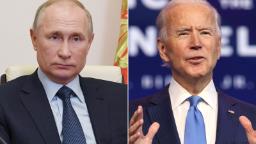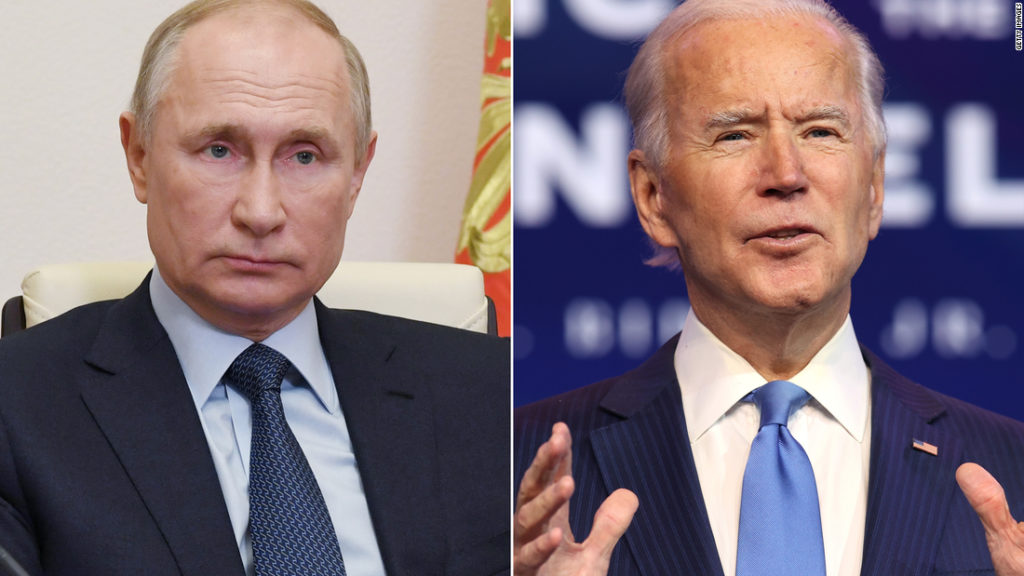
The planning comes as the Biden administration is preparing to send Secretary of State Antony Blinken to Ukraine next month, according to a Ukrainian government source close to the ongoing negotiations.
Ukrainian forces have been battling Russia-backed separatists in the country’s east since 2014, and dozens of Ukrainian soldiers have been killed since a ceasefire between the camps broke down earlier this year.
Some officials are wary of a Biden-Putin summit, particularly in Ukraine. Ukrainian officials hope that Biden will find time to meet with Ukrainian President Volodymyr Zelensky ahead of any talks with Putin. Biden spoke by phone to Zelensky last month, as Russian forces staged a massive buildup on Ukraine’s eastern border that they have since begun winding down.
Blinken’s visit to Ukraine will be one opportunity to discuss a potential Biden-Zelensky meeting while the US President is in Europe this summer, said the Ukrainian government source. The secretary of state has already spoken to his Ukrainian counterpart, Dmytro Kuleba, several times since taking office, including earlier this month at a meeting in Brussels.
Veteran diplomat Daniel Fried, who served as ambassador to Poland from 1997 to 2000, called the potential Blinken trip “a very good move.”
“A proper Ukraine strategy needs two parts,” he said. “One arm around their shoulder to help them resist aggression from the Kremlin and a foot on their back to get them to fix things at home, so that Ukraine is not simply a corrupt state vulnerable to that Russian aggression.”
It is not clear how the condition of Russian opposition leader Alexey Navalny, whose health has been deteriorating rapidly in prison, will affect plans for a summit — Biden national security adviser Jake Sullivan has said there will be consequences if Navalny dies but has declined to say whether a US-Russia meeting is contingent upon Navalny’s survival.
Any potential meeting between Biden and Putin, moreover, would come after the US President’s meetings with G7 and NATO officials, sources say, in keeping with the White House’s practice of coordinating significant national security and foreign policy initiatives with key allies and projecting a united front against Russian aggression and provocations.
That policy marks one of the most significant shifts from the previous administration, when President Donald Trump questioned the value of NATO and floated the possibility of allowing Russia to rejoin the G7 while siding with Putin over the US intelligence community on key national security issues, like election interference and hacking.
Trump was also continuously wary of penalizing Russia on the world stage, whereas Biden in his first 100 days in office has rolled out two new rounds of sanctions on Moscow and expelled nearly a dozen Russian diplomats from the US.
CNN’s Kevin Liptak and Kate Bennett contributed to this report.
You may also like
-
Afghanistan: Civilian casualties hit record high amid US withdrawal, UN says
-
How Taiwan is trying to defend against a cyber ‘World War III’
-
Pandemic travel news this week: Quarantine escapes and airplane disguises
-
Why would anyone trust Brexit Britain again?
-
Black fungus: A second crisis is killing survivors of India’s worst Covid wave

